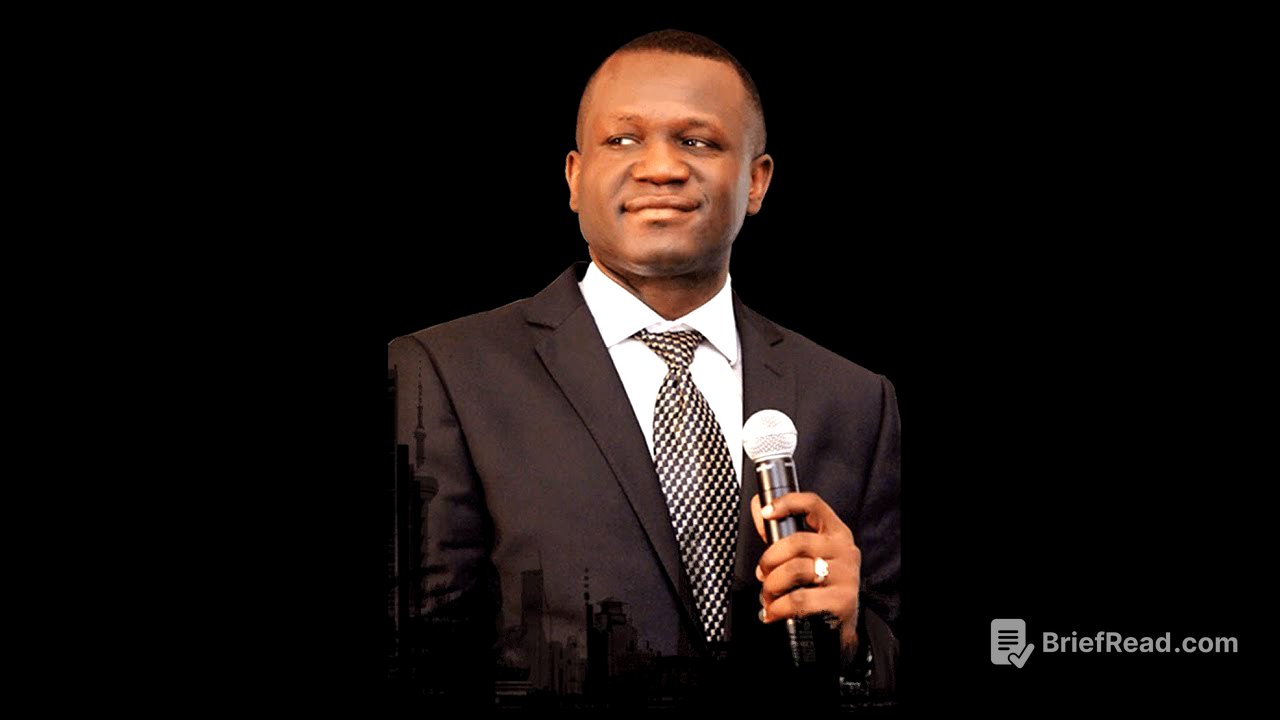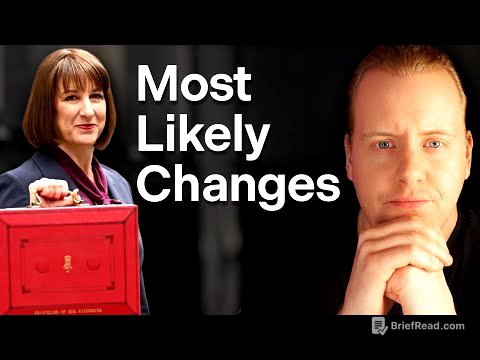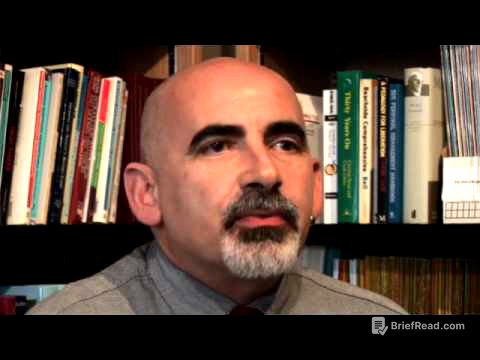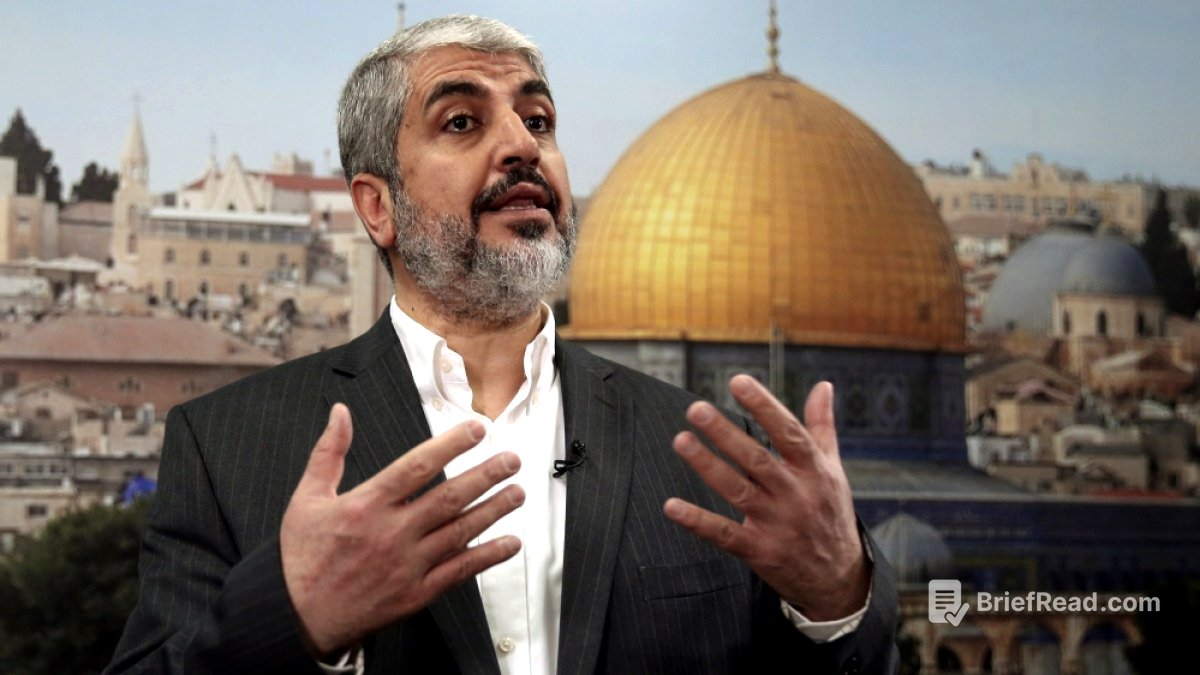TLDR;
Pastor David O. Bailey shares insights on building systems for ministry and discipleship, emphasising the importance of understanding the Great Commission and implementing strategies for church planting, discipleship, and leadership development. He stresses that true discipleship involves reproducing disciples who can, in turn, make more disciples, leading to exponential growth and societal impact. The sermon challenges conventional approaches to ministry, advocating for multiplication over addition and urging leaders to equip their followers to become self-sustaining, self-propagating, and self-governing.
- Systems are crucial for ministry success and global impact.
- The Great Commission involves evangelism, discipleship, and ministry.
- True discipleship leads to multiplication and societal transformation.
Worship Session [0:00]
The video begins with a worship session featuring uplifting music and singing, setting a spiritual tone for the sermon. The lyrics focus on praising God and surrendering oneself to His will.
Introduction to Building Systems [6:16]
Pastor David introduces the concept of building systems, highlighting that only a small percentage of people understand how to create effective systems. He asserts that the world is governed by systems and processes, and God operates His kingdom through systems. He emphasises the need for ministries to develop discipleship systems that produce disciples and leaders.
The Great Commission and Its Core Elements [11:30]
The pastor discusses the Great Commission, recorded five times in the Bible, and identifies five core elements: evangelism, discipleship, and ministry. He explains that the purpose of evangelism is to lead people to Christ, while the goal of mission is church planting. He stresses that mission involves taking the gospel beyond one's own culture and people group.
Church Planting and Multiplication [16:30]
Pastor David explains that the goal of mission is to plant churches that are self-sustaining, self-propagating, and self-governing. He emphasises that a church should be able to plant other churches, fund itself, and run with its own leaders. He shares an example of how he trained 12 men to plant churches in various parts of Nigeria.
The Goal of Discipleship: Raising Disciple Makers [27:33]
The pastor asserts that the goal of discipleship is not just to make disciples, but to raise disciples who can make other disciples. He criticises the approach of simply teaching without giving people something to do. He explains that Jesus called his disciples and immediately gave them a purpose: to become fishers of men.
Biblical Standard of Reproduction [33:06]
Pastor David references Isaiah 60:22, stating that the biblical minimum for a believer is to produce a thousand. He contrasts converts with members and disciples, explaining that disciples have the capacity to reproduce and multiply. He challenges pastors to ensure their disciples are reproducing disciples.
Understanding Matthew 28:19-20 [39:13]
The pastor interprets Matthew 28:19-20, emphasising that Jesus commanded his followers to make disciples and teach them to obey everything he commanded, which includes making more disciples. He shares an example from 2 Timothy 2:2, where Paul instructs Timothy to commit the teachings to faithful men who will be able to teach others.
The Importance of Accountability and Reproduction [48:27]
Pastor David stresses the importance of accountability and allowing others to speak into one's life. He explains that unaddressed issues will be reproduced in one's spiritual generation. He shares examples of how he selects and trains leaders, testing them for faithfulness and commitment to multiplication.
Evangelism vs. Discipleship: Addition vs. Multiplication [1:02:12]
The pastor concludes by stating that evangelism is addition, while discipleship is multiplication. He argues that the world cannot be reached by addition alone and that the current methods of ministry are insufficient. He urges leaders to disciple their followers to become disciple makers, leading to exponential growth and societal transformation.









